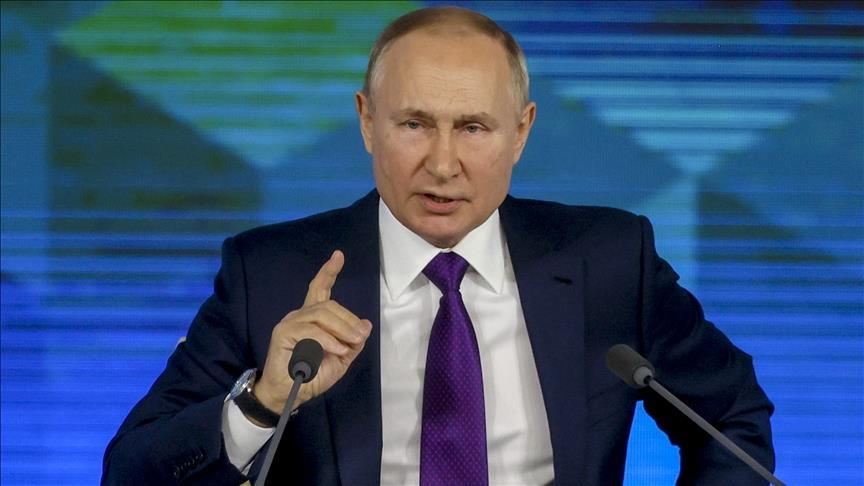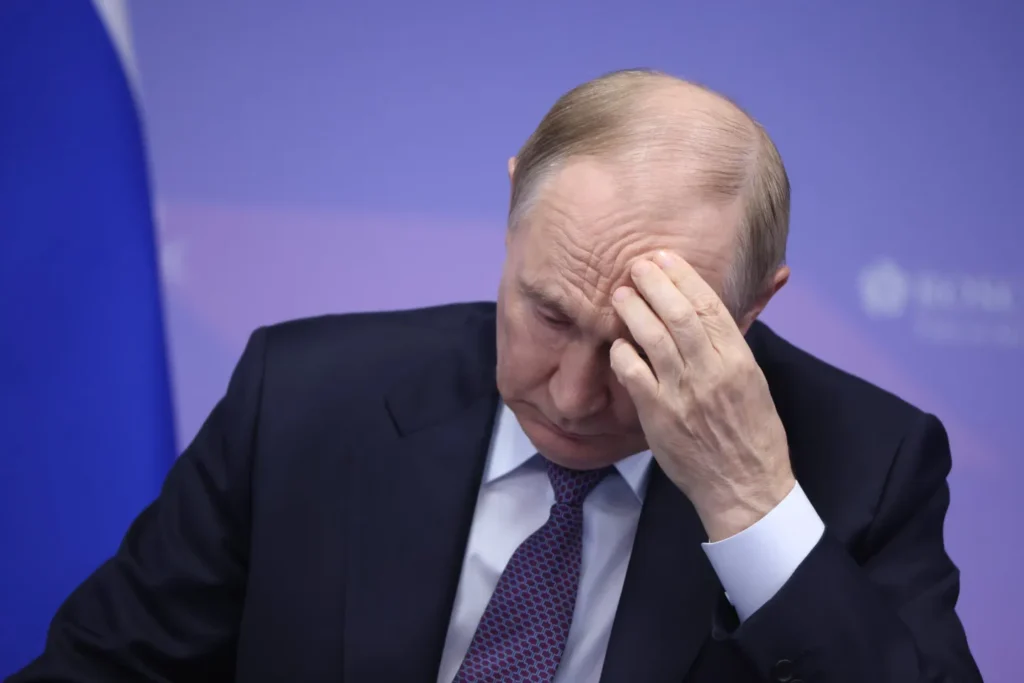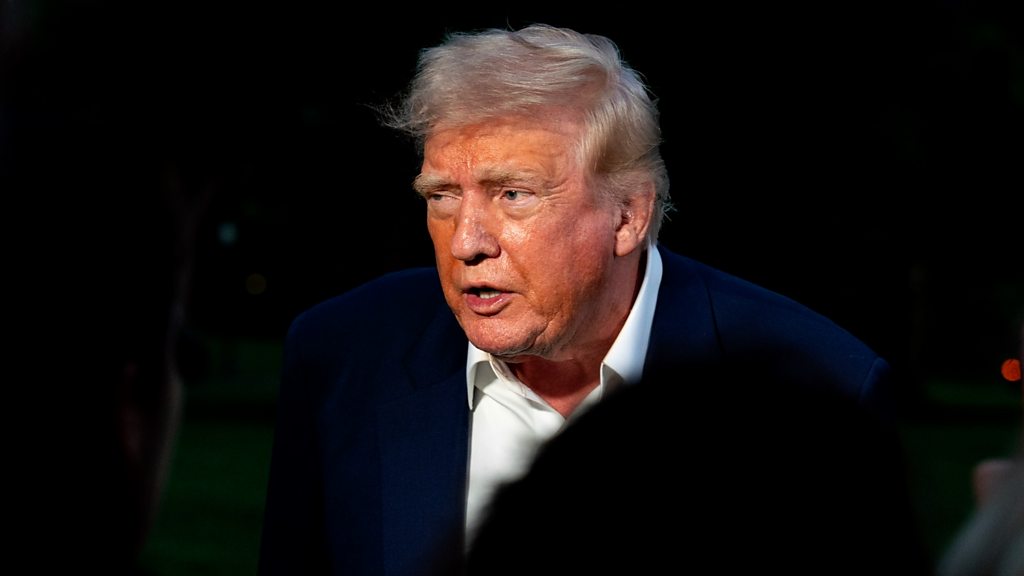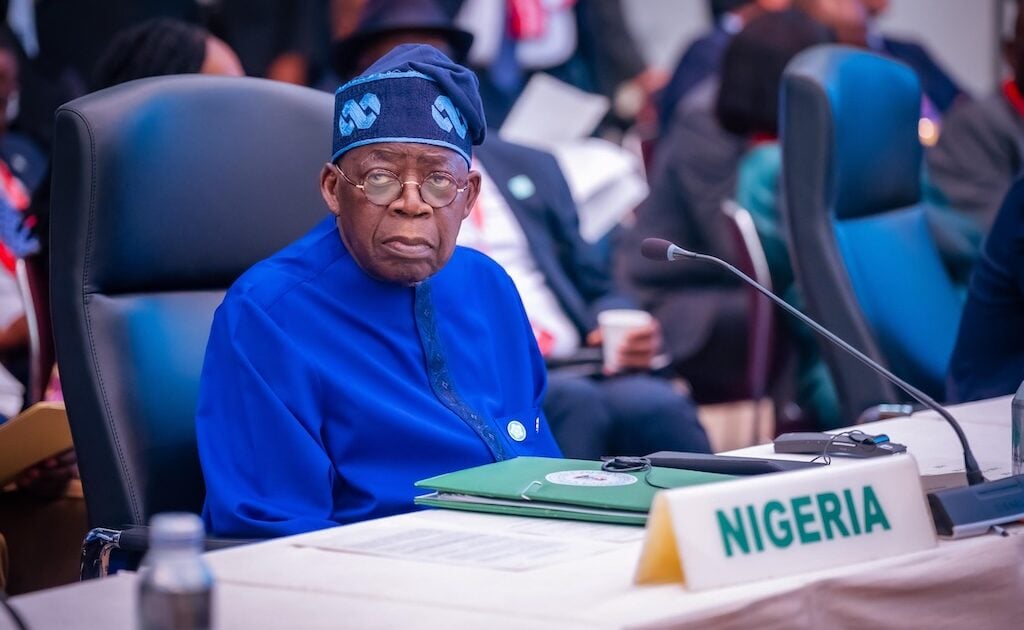Putin Warns Global Oil Prices Could Skyrocket Past $100 Without Russian Supply

Russian crude seen as critical to stabilizing energy markets amid tightening global supply and geopolitical tensions.
Russian President Vladimir Putin issued a stark warning to global energy markets this week, stating that oil prices could surge past $100 per barrel if Russian crude were removed from international supply chains. The remarks underscore Russia’s pivotal role in global energy security and come amid ongoing geopolitical tensions and volatile oil markets.
Russia’s Influence on Global Oil Markets
Russia is the world’s third-largest oil producer, accounting for roughly 12% of global crude production. Its exports are critical to Europe, Asia, and parts of the Americas, particularly for refineries dependent on Urals and Siberian crude blends.
Putin emphasized that removing Russian oil from the market would trigger a sharp supply deficit, leading to higher prices for both crude and refined products.
“Without Russian oil, global markets would face unprecedented pressure, and oil prices could easily exceed $100 per barrel,” Putin said in a televised address. “Russia remains a reliable supplier, and any attempt to exclude our energy will have serious consequences for the world economy.”
Energy analysts note that even a partial disruption of Russian exports could create immediate ripple effects, especially as global inventories are at historically low levels, and alternative sources are limited.
Supply Tightness and Demand Dynamics
The warning comes at a time when global oil markets are already under strain:
- OPEC+ countries have maintained moderate production, with Saudi Arabia and other Gulf states cautiously managing output to balance prices.
- Post-pandemic demand recovery in Asia and North America has tightened the market.
- Sanctions and political disputes have constrained alternative crude supplies, leaving Russian oil as a stabilizing factor.
“Russia’s crude is like the keystone of a bridge,” said Sarah Mitchell, a senior oil market analyst at Energy Insight. “Remove it, and the entire pricing structure could shift dramatically, potentially triggering economic shocks worldwide.”
Some forecasters now predict that Brent crude could reach $105–$110 per barrel if Russian exports were curtailed, compared with the current price range of $85–$90.
Impact on Europe and Asia
Europe relies heavily on Russian crude, particularly Germany, Poland, and the Baltic states, while China and Indiaimport large volumes of Urals and Siberian blends. A sudden reduction in Russian oil would force refiners to seek more expensive alternatives such as Middle Eastern heavy crude or West African blends, raising refining costs and consumer fuel prices.
“For Europe, cutting off Russian oil is not a simple political decision,” said Andrei Kovalenko, an energy policy consultant in Moscow. “It would mean skyrocketing heating and transport costs just as winter approaches.”
Asia, meanwhile, faces logistical challenges in sourcing replacements quickly, given the limited spare capacity in other exporting nations.
Geopolitical Implications
Putin’s statement also carries a geopolitical subtext, signaling that energy could remain a leverage tool in Russia’s foreign policy. Analysts note that markets and governments will have to carefully weigh sanctions or import restrictions against potential economic backlash from soaring oil prices.
“Russia is reminding the world that energy markets are not just about supply and demand; they are about influence and strategy,” said Dr. Helen Zhang, a geopolitical risk expert.
The comments come amid rising tensions between Russia and Western countries over Ukraine, Middle Eastern policy, and Arctic energy resources. Putin’s warning suggests Moscow is prepared to assert its influence through oil supply, should geopolitical pressures escalate.
Global Energy Market Reactions
Following Putin’s remarks, oil futures jumped over 3% in early trading, with Brent crude briefly hitting $91 per barrel. Investors are watching for potential policy reactions, including OPEC+ adjustments, U.S. strategic petroleum reserve releases, or emergency stockpile use in Europe and Asia.
Energy traders caution that the market may experience short-term volatility, particularly if geopolitical risks intensify or if sanctions disrupt Russian exports further.
“Even a hint of Russian supply constraints sends immediate shockwaves through global markets,” noted Mark Reynolds, senior commodities strategist at Global Energy Advisors.
Domestic Implications for Russia
Domestically, higher global oil prices benefit Russia by boosting export revenues and fiscal stability, particularly as the country depends on energy for nearly 40% of its federal budget. Putin’s statements reinforce Russia’s positioning as a key player in global energy security, projecting confidence in its long-term strategic role.
Conclusion: Russia’s Pivotal Role in Global Energy Security
Putin’s warning serves as a reminder of the centrality of Russian crude to the global energy landscape. With inventories low, alternative sources constrained, and demand steadily rising, any significant disruption in Russian supply could push prices past $100 per barrel, affecting consumers, businesses, and governments worldwide.
The unfolding situation highlights the delicate balance between geopolitics and energy security — a balance that global markets and policymakers will need to navigate carefully in the coming months.
“Russian oil isn’t just another commodity; it’s a strategic lever,” said Dr. Zhang. “Ignoring that reality could be costly for the world economy.”


















